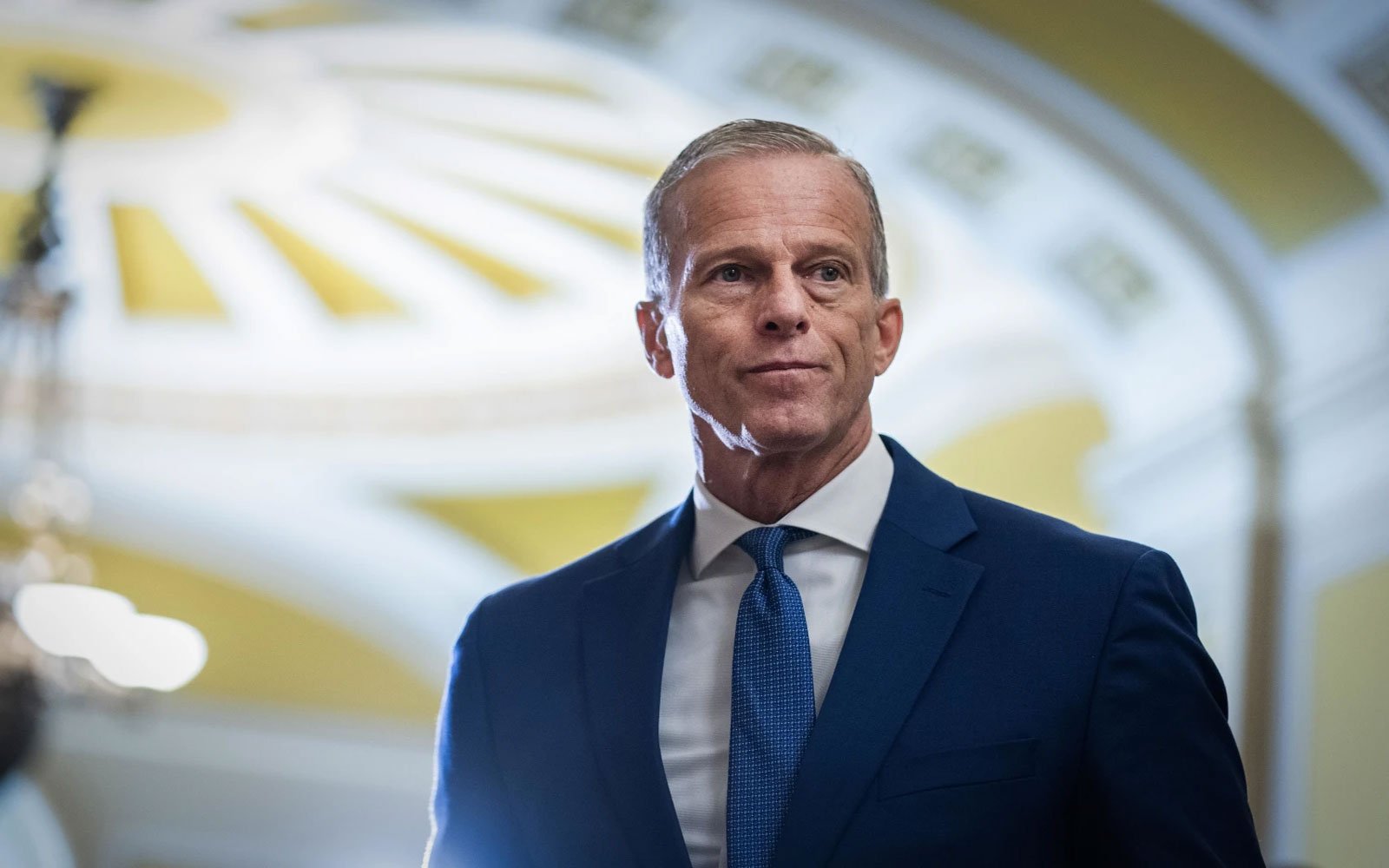Senate nuclear option GOP rules change Senators Push for Deal to Avert Nuclear Option on GOP Rules Change
What Is the “Nuclear Option”?
The “nuclear option” in the Senate refers to changing chamber rules with a simple majority vote, bypassing the traditional 60-vote threshold. While effective in breaking deadlocks, it is controversial because it reduces bipartisan cooperation. If used here, Republicans could swiftly confirm President Trump’s sub-Cabinet nominees without Democratic consent.
Bipartisan Stakes at Play
For Democrats, agreeing to an alternative deal means preserving the Senate’s institutional traditions. For Republicans, the issue is about efficiency and filling nearly 150 civilian posts stuck in limbo. Both sides face pressure: Democrats risk losing influence over the confirmation process, while Republicans risk further polarizing the chamber if they invoke the nuclear option.
Possible Outcomes of the Negotiations
If a compromise is reached, the Senate could set a precedent for handling large batches of nominees “en bloc” in the future, streamlining confirmations. However, if no deal is struck, Republicans are prepared to move forward with their partisan plan, signaling a sharp escalation in Senate rules battles that could echo for years to come.
What Is at Stake?
The Senate faces a historic showdown as Republicans consider using the so-called “nuclear option” to bypass Democratic opposition. This rule change would allow President Trump’s sub-Cabinet nominees to be confirmed “en bloc,” breaking months of gridlock.
 Democrats and Republicans in Talks
Democrats and Republicans in Talks
Republicans argue that the move is necessary to fill nearly 150 stalled positions, while Democrats fear it would erode bipartisanship in the Senate. Senators Amy Klobuchar and Angus King previously proposed a bipartisan plan allowing limited en bloc confirmations, which has now been revived as a potential compromise.
Bipartisan Negotiations Underway
Sen. Mike Rounds confirmed that at least 15 Democrats may support the revised plan, but Senate Democratic leadership has yet to agree. If successful, this could prevent the nuclear option and preserve Senate traditions, but the clock is ticking with only hours left before a vote.
Possible Consequences
If negotiations fail, Republicans are ready to push ahead with their plan, setting the stage for a sharp partisan divide. This could permanently change how future administrations confirm nominees, reshaping the Senate’s balance of power.
Senate Leaders Face Growing Pressure
With the government facing deadlines and stalled appointments piling up, Senate leaders from both parties are under intense pressure to deliver a solution. Business groups and federal agencies have warned that prolonged vacancies in sub-Cabinet positions could disrupt policymaking and slow down federal programs.
Republicans Push for Efficiency
GOP lawmakers argue that Democrats’ blockade has less to do with qualifications and more with political stalling tactics. They claim the proposed en bloc process would restore efficiency while still allowing Senators to debate high-profile nominees individually.
Democrats Fear Precedent
On the other side, Democrats worry that giving in now could set a precedent for future administrations to sidestep Senate oversight. Some lawmakers have expressed concern that the nuclear option could weaken their ability to scrutinize presidential nominees, undermining checks and balances.
What Comes Next?
The next few hours will be decisive. If Democrats fail to strike a deal with Republicans, the nuclear option could become reality, permanently altering Senate rules. The decision will not only impact Trump’s current nominees but could also shape how the Senate handles confirmations for years to come.
Bipartisan Talks on the Edge
Despite optimism from some moderates, the reality remains that time is running out. Behind closed doors, negotiators are scrambling to find common ground, but party leaders know that even one objection could derail the compromise plan.
Impact on Future Administrations
Analysts point out that whatever decision is taken now will not only affect President Trump’s nominees but also set the stage for how future presidents, regardless of party, handle sub-Cabinet confirmations. This raises the stakes of the current standoff even higher.
Internal Link :
For more updates on U.S. politics, check out this related story:
👉 Republicans Push Back Against Senate Filibuster Reform
https://newsupdates.info/category/politics/”>Senate News on NewsUpdates</a>
external links:
-
CNN Politics –Senate News: https://www.cnn.com/politics
-
NBC News – Congress Updates: https://www.nbcnews.com/politics/congress
-
The Hill – Senate News: https://thehill.com/homenews/senate









